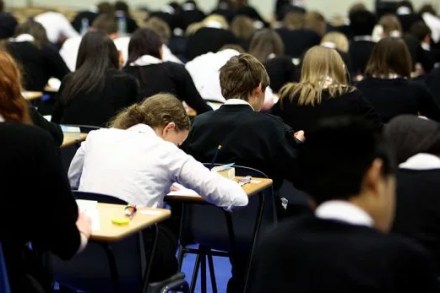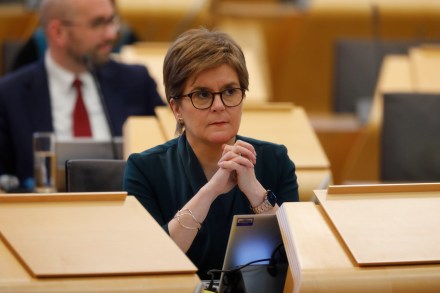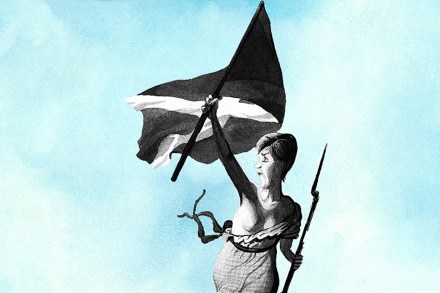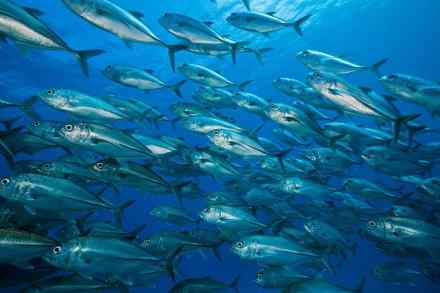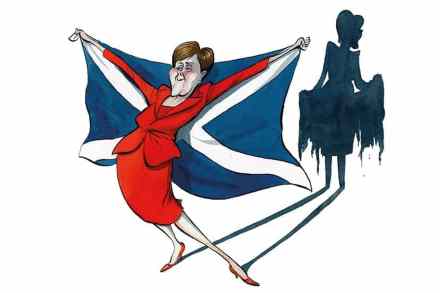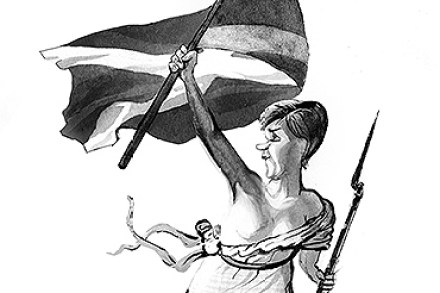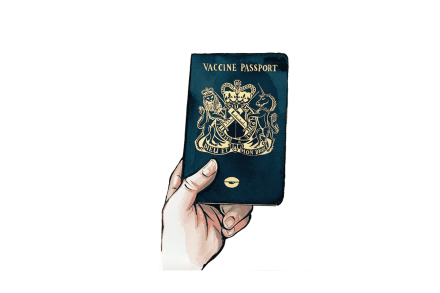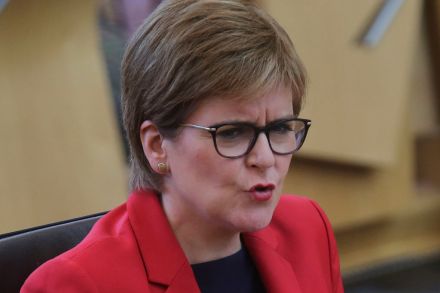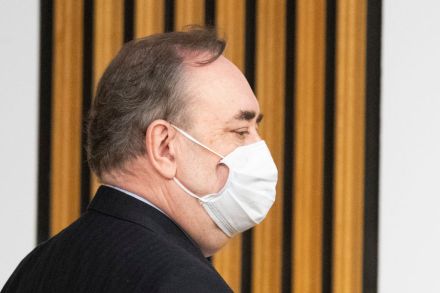Scottish schools have become places of indoctrination
Nicola Sturgeon may be on her way out – but after 16 years of SNP rule, Scottish schools are still places of indoctrination. This may sound like a hyperbolic thing to say, but that’s the only conclusion you can draw when you look at what Scottish educators and the Scottish government are saying themselves. Take the General Teaching Council for Scotland’s Standard for Headship, which sets out the professional framework for what a headteacher, teachers and schools should be all about. You would expect such a document to be all about imparting knowledge and aspiring to teach every child as much as possible. Instead, it is a horrifying mix of
